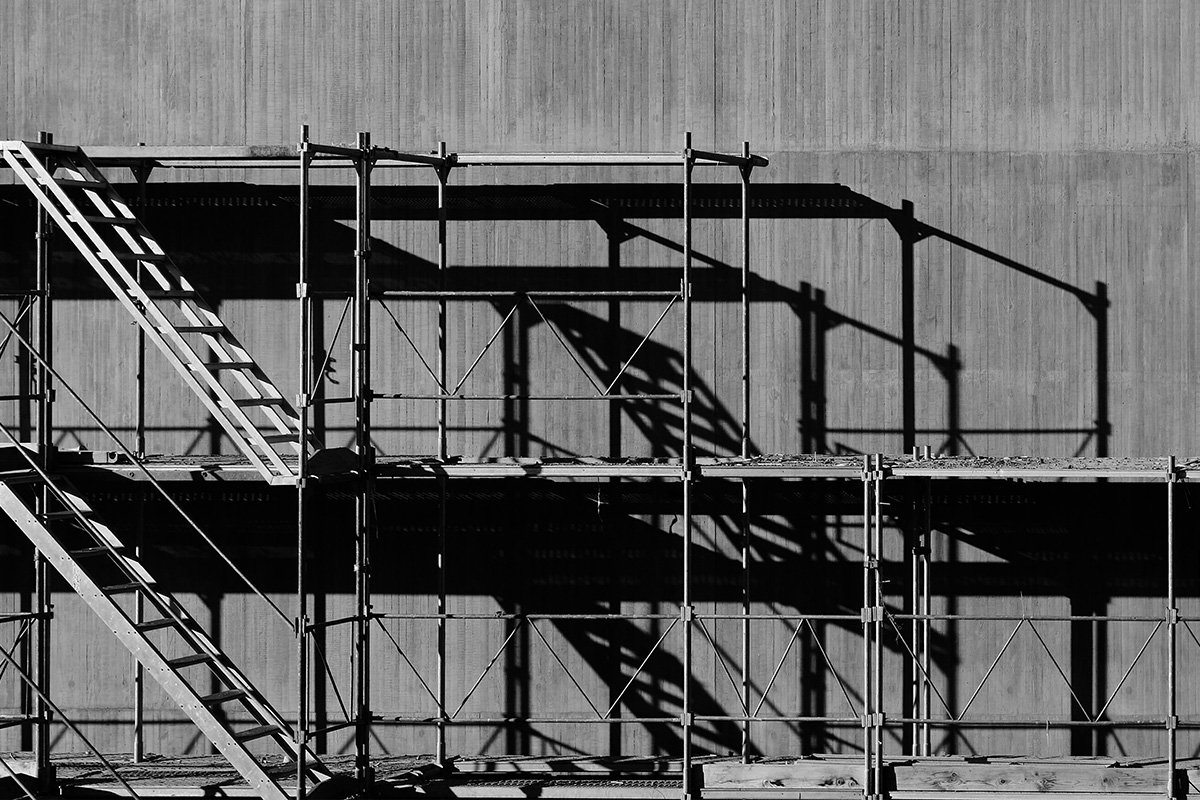January 30, 2017; Washington Post
The Koch brothers’ network of political donors gathered in the California desert to assess the political and social landscape, and they’re more worried and nervous than you might think. The 550 attendees, each of whom contribute at least $100,000 a year to the Koch network, assembled to listen to network leaders, senior elected officials, invited speakers, and Charles Koch share their respective views.
On the plus side from their perspective, the Republican party won the presidency, held the U.S. House and Senate, and increased GOP control of governorships and state legislatures to a level not seen in decades. These victories are anticipated to make possible the enactment of key elements of the classically hybrid conservative/libertarian agenda the Kochs and their supporters have embraced and fought for for years.
It would be easy to say that the problem for the Koch group is that they didn’t support Donald Trump, but he problem is bigger than that. Sure, as NPQ reported at the time, they didn’t support Trump—or any other presidential candidate—in 2016. Instead, they, like many pro-business interests and other establishment GOP donors, focused on legislative and state races instead, providing hundreds of millions of dollars in cash, research, and logistical support.
Charles Murray, the author of The Bell Curve, spoke to the group, saying he believes the bigger problem is the public’s discounting “the basics of individualism and freedom and opportunity” and becoming susceptible to authoritarianism, either that of the right or of the left. Populist sentiment is running high, as evidenced by both the Trump and Sanders 2016 presidential campaigns. Charles Koch said, “We have a tremendous danger because we can go the authoritarian route, or we can move toward a free and open society. […] The struggle between opportunity and humanity and control and stagnation is eternal. We can never rest.”
Brian Hooks, president of the Charles Koch Foundation, spoke of the Kochs’ history of opposing presidential action. The first meeting, held in 2003, was based in frustration with then-President George W. Bush’s policies that expanded government and further increased the budget deficit and national debt. Hooks sees the Obama presidency as “an extreme reaction away from the status quo of 2008.” Trump’s 2016 victory is a similar frustration/reaction vote, according to Hooks. If Trump fails, Hooks sees the real potential for candidates further to the left than Elizabeth Warren and Bernie Sanders to become the next “last best hope” of the chronically restive electorate.
The group has already come out publicly against Trump’s recent executive order on immigration and refugee entry into the U.S.
Sign up for our free newsletters
Subscribe to NPQ's newsletters to have our top stories delivered directly to your inbox.
By signing up, you agree to our privacy policy and terms of use, and to receive messages from NPQ and our partners.
“We believe it is possible to keep Americans safe without excluding people who wish to come here to contribute and pursue a better life for their families,” said Brian Hooks, the president of the Charles Koch Foundation, who is co-chairing a weekend conference of donors who help finance the Koch operation.
“The travel ban is the wrong approach and will likely be counterproductive,” he added. “Our country has benefited tremendously from a history of welcoming people from all cultures and backgrounds. This is a hallmark of free and open societies.”
Speaking of his network’s plans for 2018, Charles Koch summed up the strategy and tactics to be followed:
We cannot be partisan. We cannot say, “Okay, this is our party, right or wrong.” […] We support them when we believe they’re doing right, and we try to oppose them and change them when we believe they’re doing wrong.
The Koch operation has 1,600 staffers and operates in 36 states through nonprofit organizations like the libertarian Cato Institute, the Mercatus Center at George Mason University, Freedom Partners, and Americans for Prosperity. Plans are for the network to spend $400 million on political campaigns in the 2018 cycle, up from $250 million in the 2016 elections.—Michael Wyland
Correction: This article has been altered from its original form. The Koch organization operates through Freedom Partners, not FreedomWorks. NPQ regrets the error.












